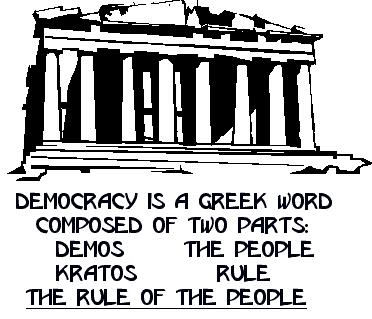Academic Integrity
 At the Freshman Convocation all entering students pledged to live according to the code of Academic Integrity:
At the Freshman Convocation all entering students pledged to live according to the code of Academic Integrity:

 We, the undergraduate students of Roger Williams University,
We, the undergraduate students of Roger Williams University,
commit ourselves to academic integrity.
We promise to pursue the highest ideals of academic life,
to challenge ourselves with the most rigorous standards,
to be honest in any academic endeavor,
to conduct ourselves responsibly and honorably,
and to assist one another as we
live and work together in
mutual support.
This class will operate according to those time-honored principles. For a complete statement of the University position on Plagiarism as well as other forms of academic dishonesty, consult the Roger Williams University Catalogue.

